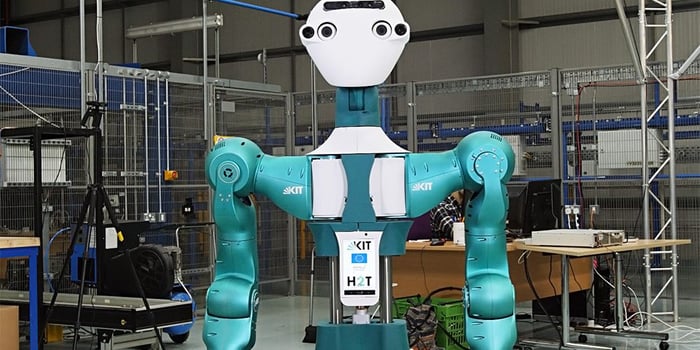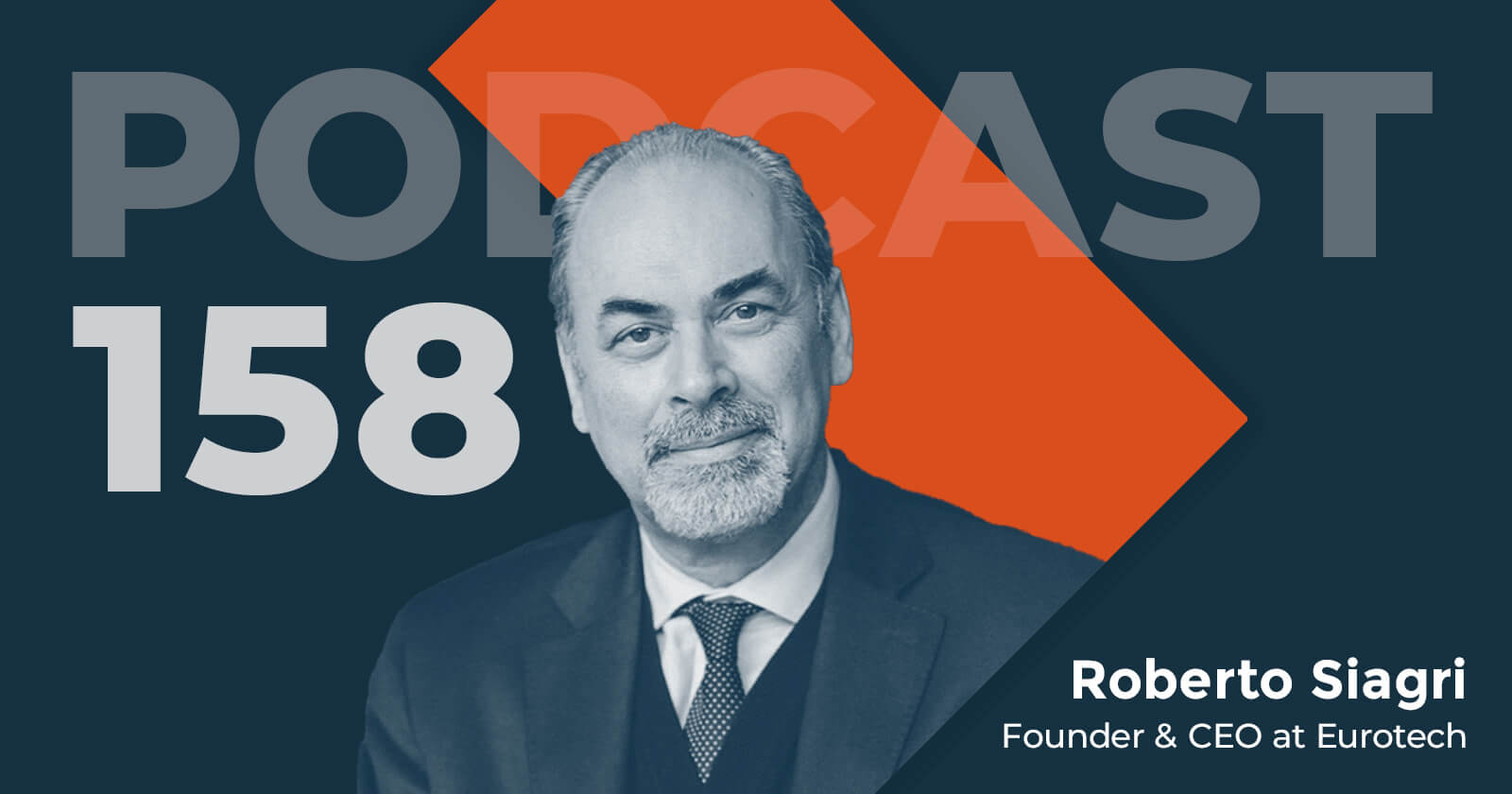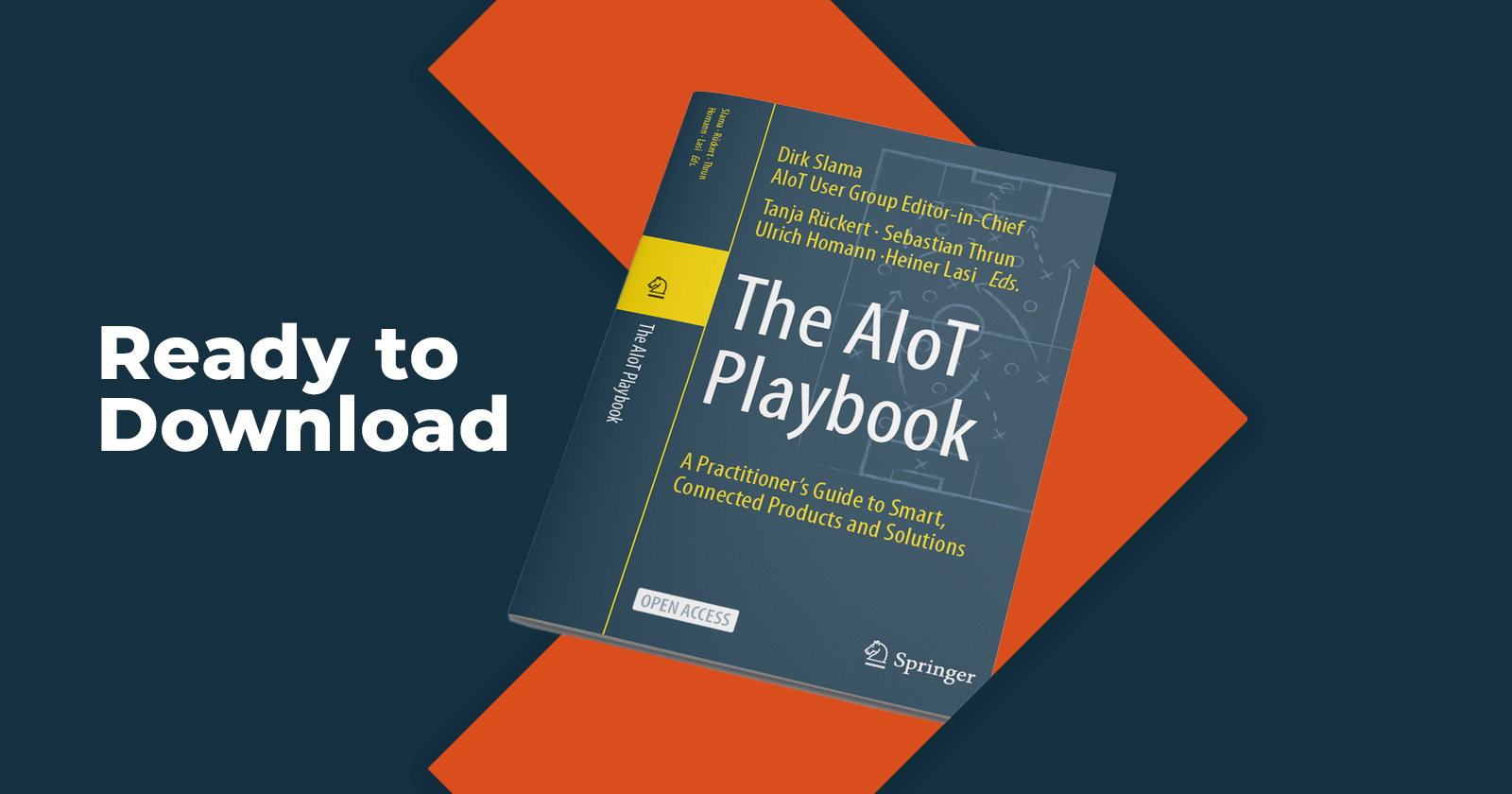Life is changing, with many countries experiencing the growth of a middle class, increased migration into cities, people living longer, and the consequences of climate change. Technology is inextricably intertwined within these social shifts and is perhaps most keenly felt in the workplace where it has caused a series of shifts in tasks, skills, and staffing from mail sorting to bookkeeping. Technology embedded machines are inserting themselves into industries including the burger flipping robot, customer service greeting robots and those farming the land.
Befriend a robot: cobots will become a normal part of the everyday.
In many workplaces, humans and machines already work as integrated teams doing tasks such as packing and lifting. Amazon even holds an annual Amazon Robotics Challenge to build the best pick and pack’ robotics. European researchers recently published a white paper unveiling their experiments in AI to teach robots to "predict human actions and intent, and understand human non-verbal cues."
According to the team:"Situations where fast cooperation is essential, for example, cooperative assembly, require the understanding of subtle non-verbal cues about the human intention and future action. In these scenarios, it is not enough to merely recognize the current action. Instead, it is fundamental to predict actions and anticipate the intent in order to guarantee seamless cooperation."
In the UK, a partnership between food retailer Ocado's Ocado Technology and international researchers into robots as part of the EU Horizon 2020 program has created SecondHands, a project which aims to develop a robot assistant that is trained to understand maintenance tasks so that it can either pro-actively, or as a result of prompting, offer assistance to automation maintenance technicians performing routine and preventative maintenance. The company presented their first prototype in January this year.
Cultivate and value soft skills
We know that machines will be able to do the hard stuff and the fast stuff like translating, analyzing data, and disease diagnosis. However research suggests that automation is unlikely to take on human-like social and emotional intelligence. Thus we can expect the 'people skills' of the future to complement those of the machines. This will include creativity, emotional intelligence, and interpersonal skills. What makes us human is most likely to be some of our most desirable assets in the workplaces of the future.
Prepare for new careers
Get ready for a change of identity
One company doing interesting work in this area is Dell Technologies. They teamed-up with the Institute for the Future (IFTF) and 20 international experts from around the world to project into the future and forecast how emerging technologies - such as AI and IoT - will reshape how we live and work by 2030. They suggest that technologies in play over the next decade have the potential to: “solve some of the intractable problems that humanity has faced for so long,” and fundamentally reframe “notions of what it means to be a person.” This has a significant bearing on many, especially those for whom, their skills and job title have a big part in shaping their who they are and how they see the world.
Ultimately, for those who extoll, 'please take my job!' the work week is already changing, with some companies and industries already promoting shorter working weeks or shorter working days. If we think global, much depends on the introduction of the Universal Basic Income. Otherwise, we can expect people to be fighting for the jobs that are left. While some suggest that those left jobless will enjoy an eternal holiday, it's also possible that innovation will become even greater as people start to gather in packs (or in virtual reality).
Momenta is uniquely positioned to place exceptional, strategic talent for Fortune 500 leaders and venture-backed innovators. Our the leading Strategic Advisory, Executive Search, and Investment practices, have been accelerating the growth of Connected Industry companies since 2012. Schedule a free consultation to find out how we can help you to accelerate your digital transformation journey.





